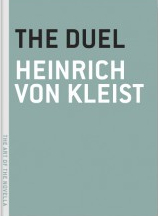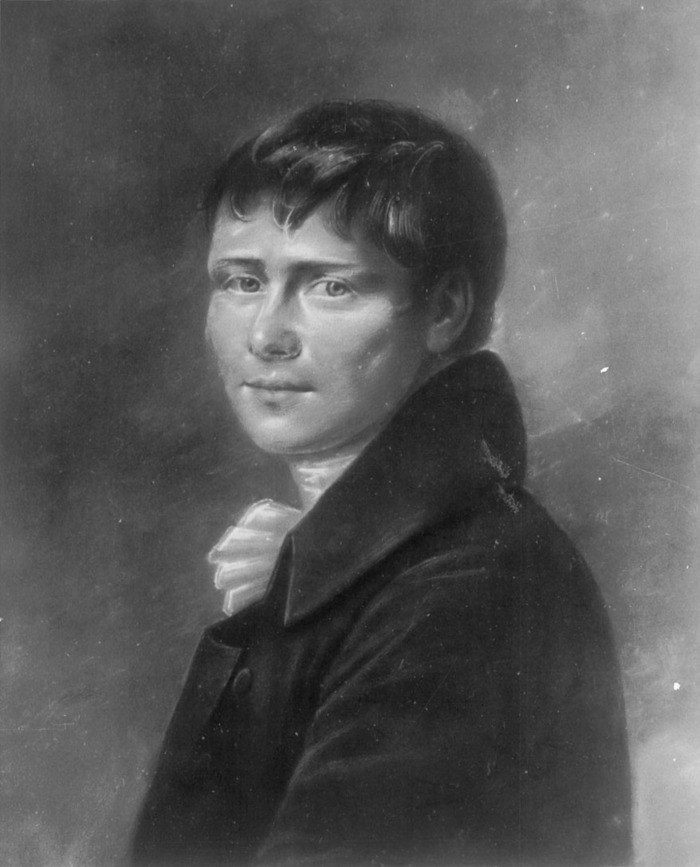
About This Book "No amount of wisdom could possibly make sense of the mysterious verdict which God intended through this duel." A new translation of a key work by one of European literature’s most important early writers. One of the few novellas written by the master German playwright, The Duel was considered by Thomas Mann and others to be one of the great works of German literature. The story of a virtuous woman slandered by a nobleman, it is a precise study of a subject that fascinated von That people are sometimes seemingly punished for their very innocence. This Is A Melville House “HybridBook” HybridBooks are a union of print and electronic Purchasers of this print edition also receive Illuminations—additional curated material that expand the world of Kleist’s novella through text and illustrations—at no additional charge. To obtain the Illuminations for The Duel by Heinrich von Kleist, simply scan the QR code (or follow a url) found at the back of the print book, which leads to a page where you can download a file for your preferred electronic reading device. "Illuminations" contains writings by Paul the Deacon - J.G. Millingen - Sir Walter Scott - Johann Ludwig Uhland - Miguel de Cervantes - Andrew Lang - John Carl Blankenagel - Louis and Regis Senac - Alfred Hutton - Fiore de Liberi and a collection of the twelve laws of chivalry. Illustrations Gerhard von Kugelgen - Johannes Gehrts - Jörg Breu Jüngere and Pauls Hector Mair - Achilles Emperaire - George Muhlberg and others. Also included is The Duelist’s Supplement – “The Art of How To Shoot and Slash Your Way To Satisfaction ” which includes an entire facsimile scan of Fior de Liberi's Flower of Battle .
Author

The dramatist, writer, lyricist, and publicist Heinrich von Kleist was born in Frankfurt an der Oder in 1777. Upon his father's early death in 1788 when he was ten, he was sent to the house of the preacher S. Cartel and attended the French Gymnasium. In 1792, Kleist entered the guard regiment in Potsdam and took part in the Rhein campaign against France in 1796. Kleist voluntarily resigned from army service in 1799 and until 1800 studied philosophy, physics, mathematics, and political science at Viadrina University in Frankfurt an der Oder. He went to Berlin early in the year 1800 and penned his drama "Die Familie Ghonorez". Kleist, who tended to irrationalism and was often tormented by a longing for death, then lit out restlessly through Germany, France, and Switzerland. After several physical and nervous breakdowns, in which he even burned the manuscript of one of his dramas, Heinrich von Kleist reentered the Prussian army in 1804, working in Berlin and Königsberg. There he wrote "Amphitryon" and "Penthesilea." After being discharged in 1807, Kleist was apprehended on suspicion of being a spy. After this he went to Dresden, where he edited the art journal "Phoebus" with Adam Müller and completed the comedy "The Broken Pitcher" ("Der zerbrochene Krug") and the folk play "Katchen von Heilbronn" ("Das Käthchen von Heilbronn"). Back in Berlin, the one time Rousseau devotee had become a bitter opponent of Napoleon. In 1811, he finished "Prinz Friedrich von Homburg." Finding himself again in financial and personal difficulties, Heinrich von Kleist, together with his lover, the terminally ill Henriette Vogel, committed suicide near the Wannsee in Berlin in 1811. [From http://www.heinrich-von-kleist.com/]